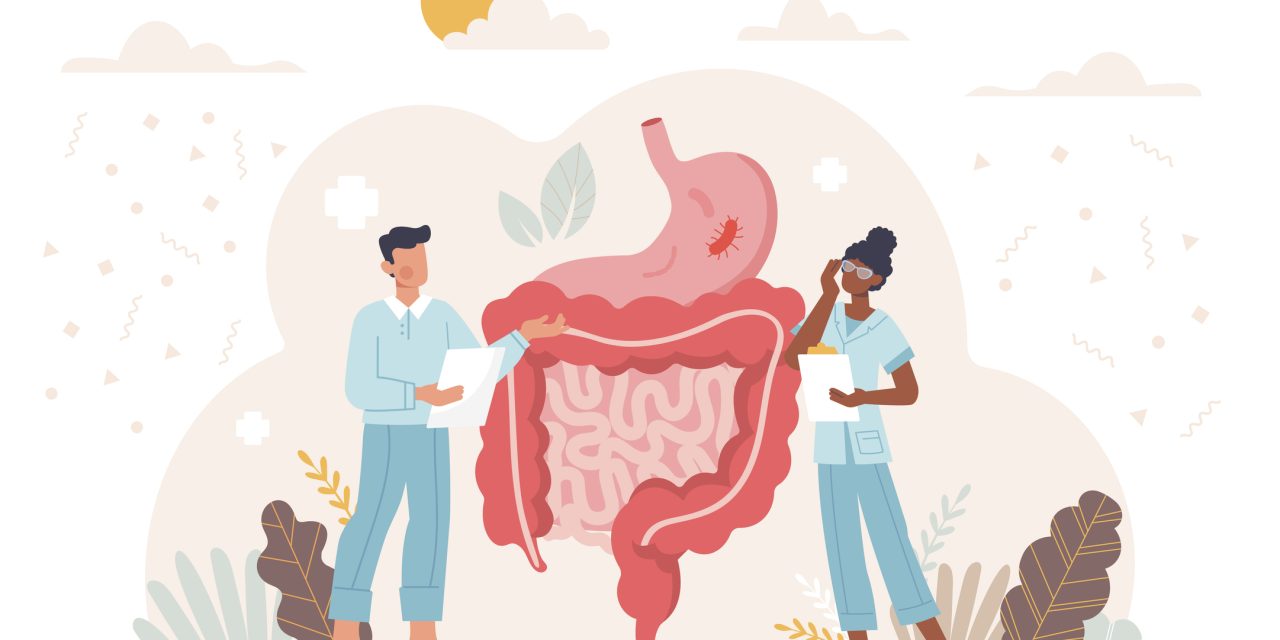Escherichia coli (E. coli) and enterotoxigenic bacterteroirds fragilis (ETBF) were implicated in the growth of colorectal cancer (CRC) by experimental evidence. However, proof from the epidemiological studies is sparse. Researchers assessed the relatives of serological markers of E. coli and ETBF exposure and the odds of CRC’s growth in the prospective European investigation into nutrition and cancer (EPIC) study. The serum sample from the incident CRC cases matched controls (n=442 pairs) was examined for immunoglobulin (Ig) A and G antibody responses to seven E. coli proteins and two isoforms of ETBF toxin via multiplex serology. Odds ratios (ORs) were estimated by using multivariable-adjusted conditional logistic regression and 95% of confidence intervals (CIs) for the relativeness of seropositivity to E. coli and ETBF with CRC. The lgA positivity of any tested E. coli antigens was related to the high odds of growth CRC (OR: 1.42; 95% CI: 1.05-1.91). Dual positivity for lgG and lgA both to E. coli and ETBF were related to greater than 1.7-fold high odds of growth of CRC, with significant relatives only for lgG ( OR: 1.75; 95% CI 1.04, 2.94) When restricted to the proximal colon cancers ( OR: 2.62; 95% CI: 1.09, 6.29) the association was pronounced more in that case as compared to the distal colon (OR: 1.24; 95% CI: 0.51, 3.00) heterogeneity=0.095) Sero-positivity to E.coli and ETBF was related to CRC development, recommending that co-infection of the bacterial species endorse colorectal carcinogenesis.
Link:www.tandfonline.com/doi/full/10.1080/19490976.2021.1903825


